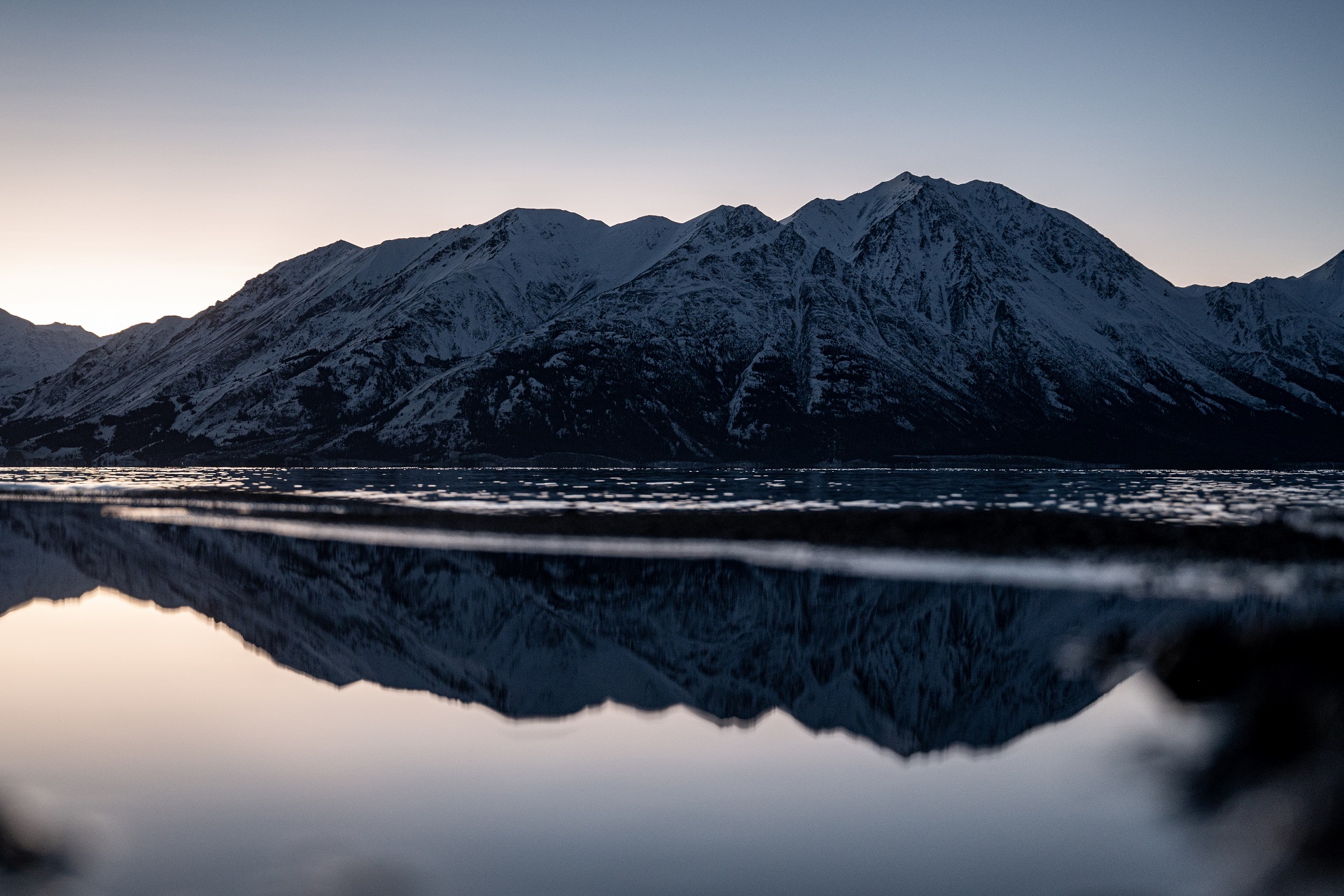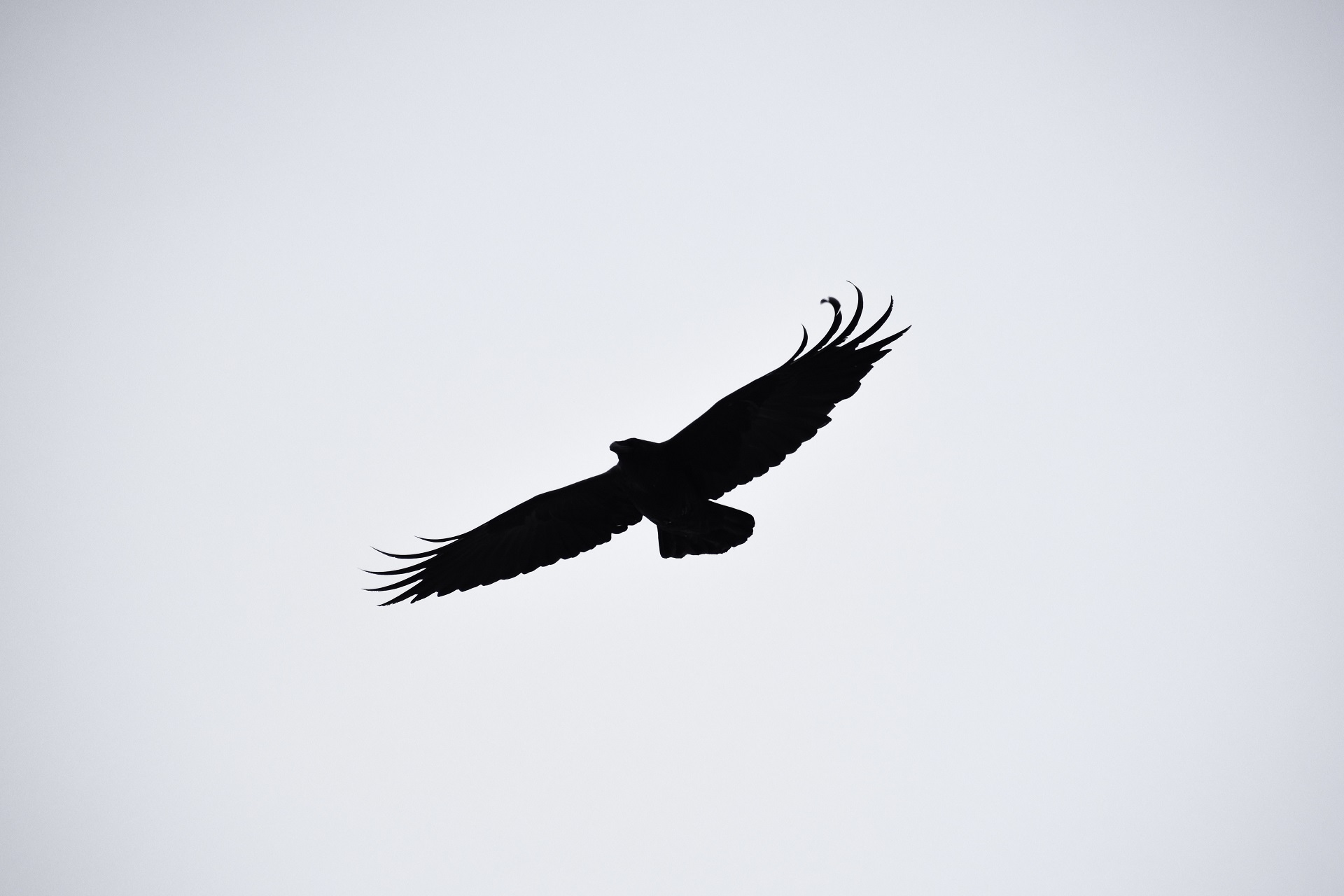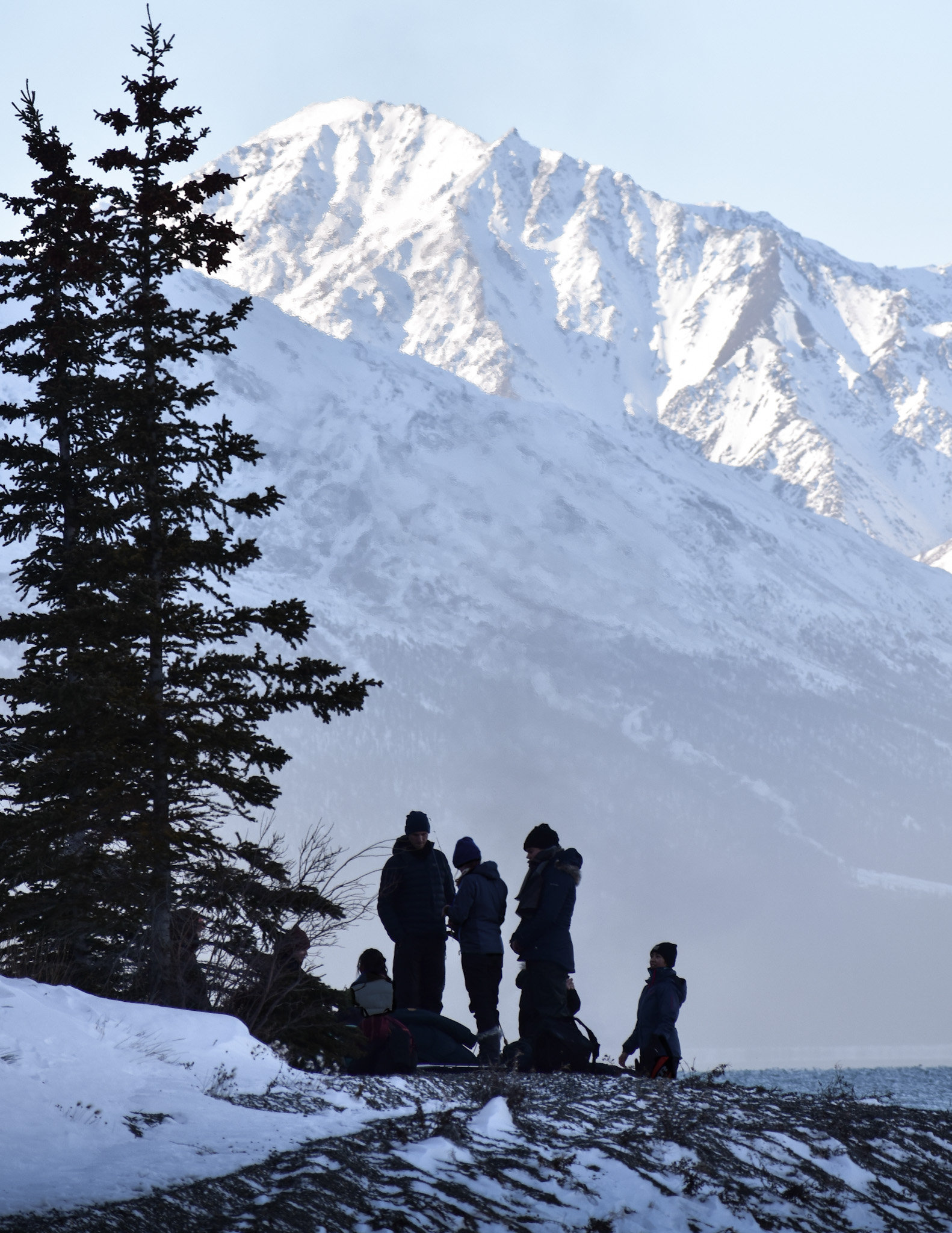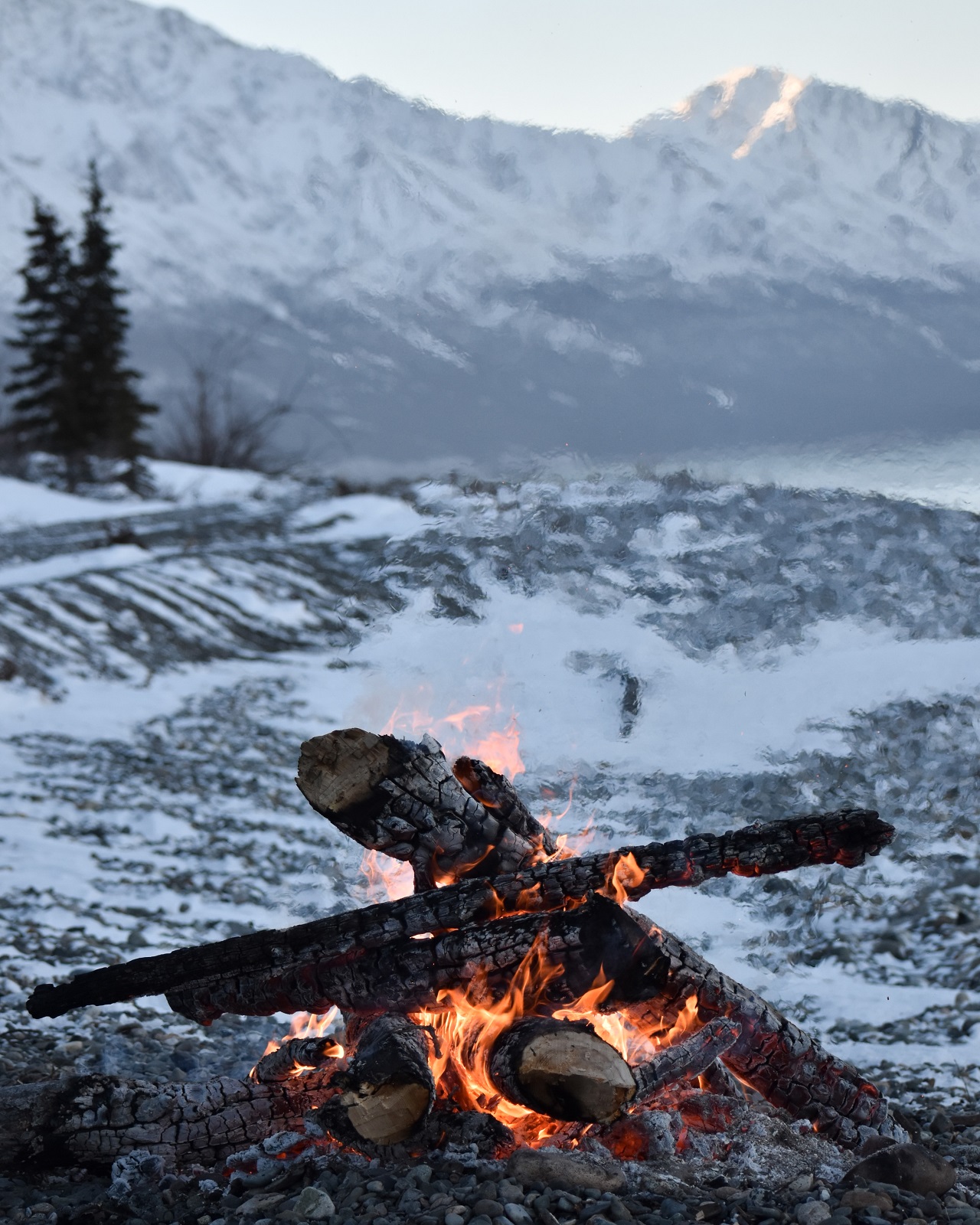Growing up, I’d known of the midnight sun and the Arctic trails of the Yukon from Robert W. Service’s poem “The Cremation of Sam McGee” that my parents read to me when I was young. I grew up in a northern community but have always felt drawn to be even more north where I could continue to learn about the wildlife and landscapes there, hoping to one day see the Yukon for myself. The REN R 465 Northern Exposures Field Course was a perfect opportunity to continue to develop that passion. The course consisted of a variety of seminars and excursions throughout the Yukon, exploring ecological and social-political factors of land management, Indigenous traditional ecological knowledge, adaptations of wildlife in northern climates, and more.
Photo by Rachel Wiebe
Much of our stay was in Kluane National Park at Silver City. The cabins are cozy, with a beautiful view of Kluane Lake and Williscoft Peak. As part of the course, we had the opportunity to hike around Kluane and went on many outdoor excursions learning about the landscape and wildlife. One day we hiked to Christmas Bay and fished for Lake Trout (Salvelinus namaycush), while another day was spent hiking the Shepherd’s Knoll trail surrounded by Dall Sheep (Ovis dalli) and a view of the Ä’äy Chù Valley. In the evenings we would stand by the fire as the sun set over Mount Wallace and watched the northern lights dancing in the sky, their colours reflecting on the still water of Kluane Lake.
Photos by Rachel Wiebe
Other excursions we went on included a visit to the Yukon Wildlife Preserve, Haines Junction, Kathleen Lake, Klukshu Village, and Long Ago People’s Place. At Klukshu (Łu Ghą, in the Southern Tuchone language), we had the opportunity to learn about the importance of the fishing village for the Champagne and Ashihik First Nations, discussed the environmental and social conservation concerns the community faces as salmon populations continue to decline, and learned traditional methods of catching and drying fish. Long Ago People’s Place (Kwaday dun Kenji) taught us about the Southern Tutchone First Nations culture and heritage through a variety of recreations of traditional structures and tools. The knowledge shared from these communities and their elders was invaluable, and I’m so grateful this Traditional Ecological Knowledge was shared.
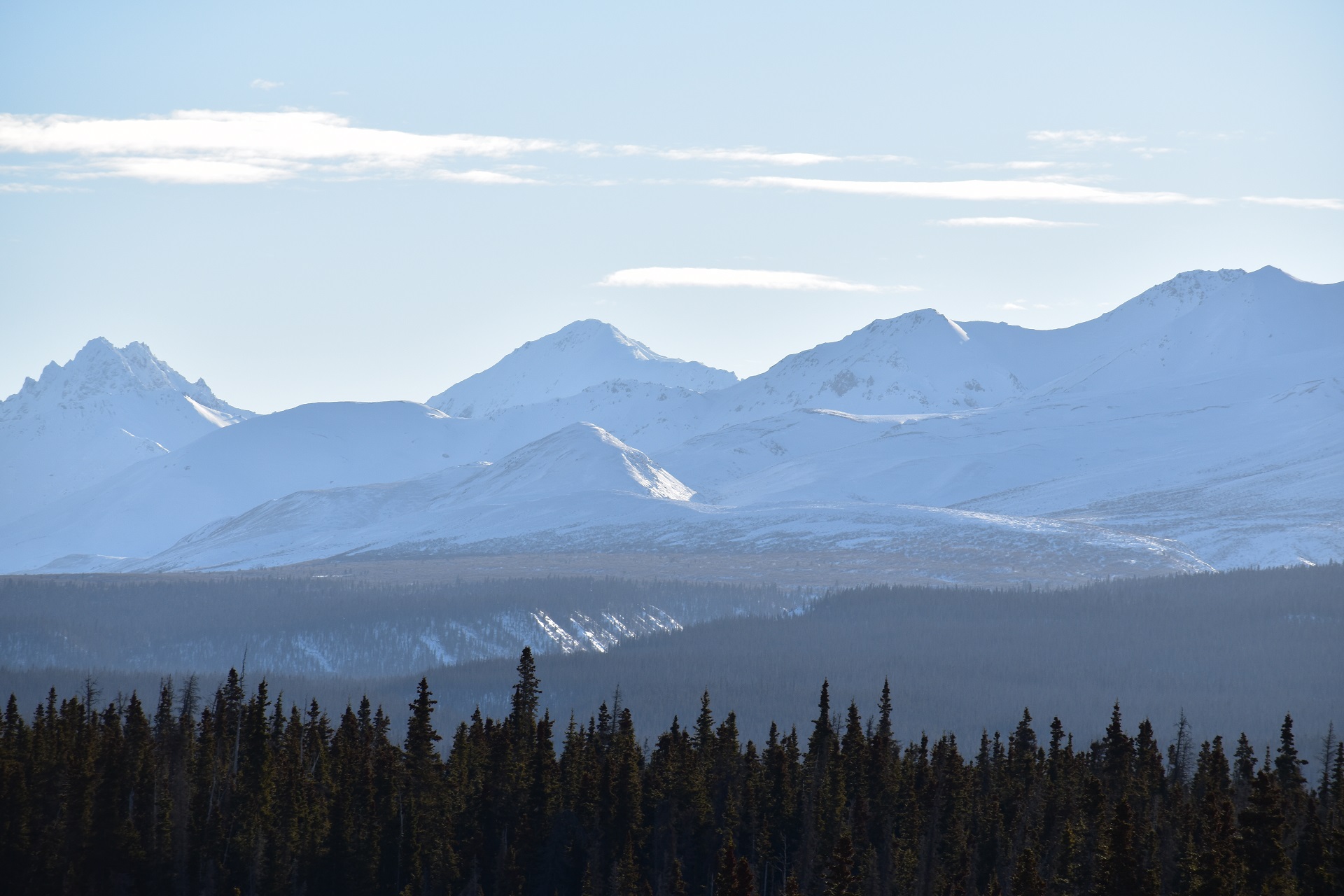
Photo by Rachel Wiebe
For effective conservation, I believe that there is more to be considered than the biological and ecological factors. Conservation should be an inclusive and collaborative process, expanding on both western science and traditional knowledge for the benefit of all wildlife, landscapes, and communities. The sheer magnitude of knowledge and history in the Yukon lit my soul on fire and my passion for conservation has never been stronger, nor my appreciation for the land, wildlife, and communities deeper.
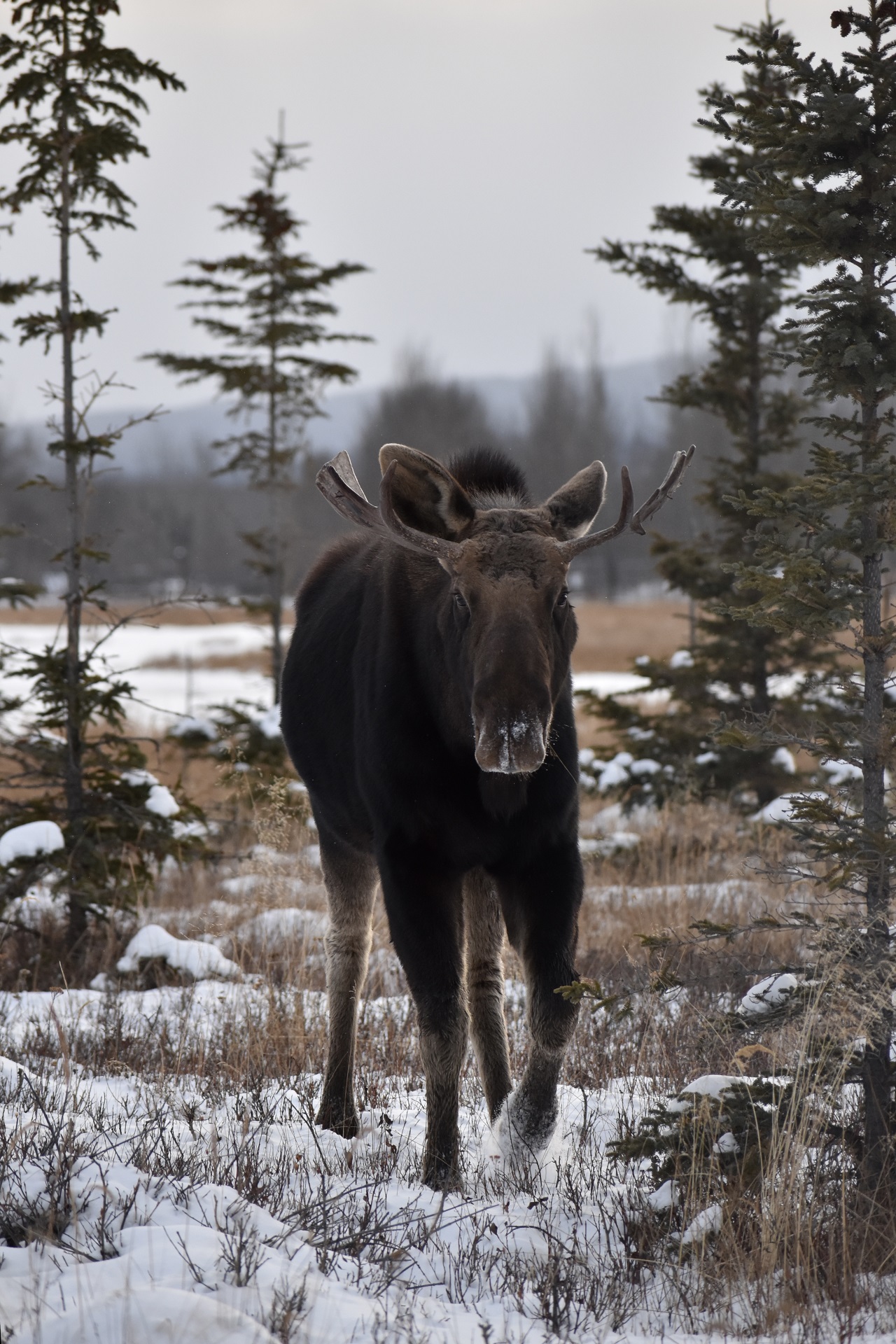
Photo by Rachel Wiebe
The REN R 465 Northern Exposures Field Course combined academics, practical outdoor skills, Traditional Ecological Knowledge, and Indigenous-led conservation, as well as helped to build incredible friendships. I’m incredibly grateful for the opportunity to have gotten to explore the Yukon and its Arctic trails, and I look forward to returning again one day very soon.
